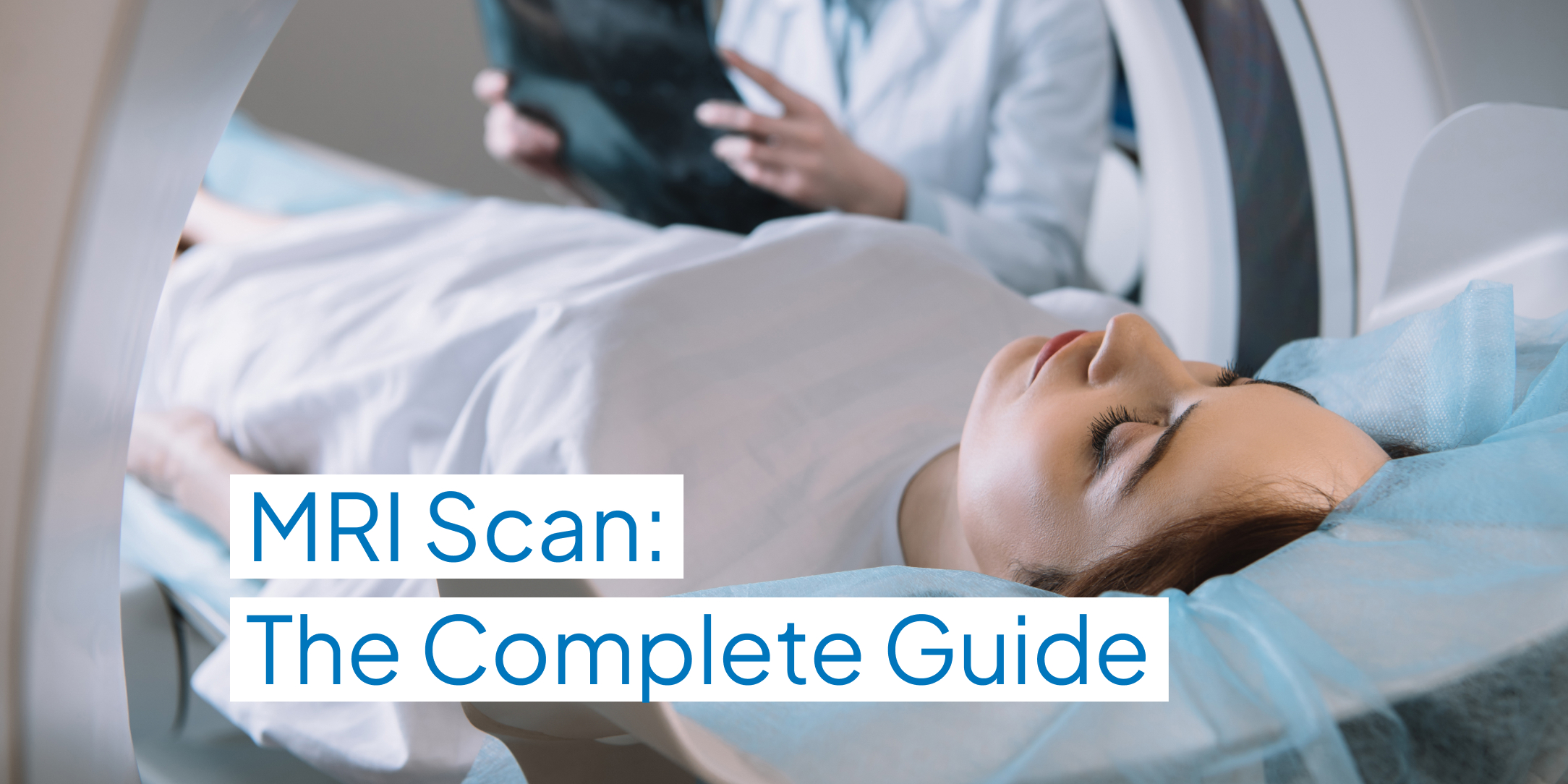How Effective Is Ultrasound in Detecting Cancer?
Ultrasound is a widely used noninvasive technique that helps visualise soft tissue structures and organs in real time. It plays a crucial role in detecting abnormal growths, cysts, and tumours in various parts of the body, including the liver, kidneys, thyroid, ovaries, and prostate.
What Can an Ultrasound Scan Diagnose?
Ultrasound is a widely used imaging technique that helps assess soft tissue structures and organs. It is commonly used to diagnose conditions such as:
- Gallstones and liver disease
- Kidney and bladder conditions
- Ovarian cysts and uterine abnormalities
- Thyroid nodules
- Tumors and abnormal growths in various organs
However, while ultrasound can detect abnormalities, it is not always definitive for diagnosing cancer.
Can an Abdominal Ultrasound Detect Cancer?
An abdominal ultrasound can identify abnormal masses in the liver, pancreas, kidneys, and other abdominal organs. However, it cannot confirm whether a mass is cancerous. Additional tests, such as CT scans, MRIs, or biopsies, are often required for a definitive diagnosis.
Can an Ultrasound Detect Liver Cancer?
Liver ultrasound can detect liver tumours, but it may not distinguish between benign and malignant growths. If a suspicious mass is found, a contrast-enhanced ultrasound, CT scan, or MRI is usually needed for further evaluation.
Can Ultrasound Identify Stomach Cancer, or Is Endoscopy Needed?
Ultrasound has limited effectiveness in detecting stomach cancer because the stomach is a hollow organ. Endoscopy with biopsy is the preferred method for diagnosing gastric cancer.
Can Ultrasound Detect Bowel Cancer?
Ultrasound is not the first-line imaging tool for bowel cancer. CT colonography, MRI, or a colonoscopy are more effective in detecting abnormalities within the intestines.
Can an Ultrasound Detect Pancreatic Cancer?
Pancreatic cancer is challenging to detect with standard ultrasound due to the pancreas's deep location. Endoscopic ultrasound (EUS) provides a more detailed view and can help in the early detection of pancreatic tumours.
Can an Ultrasound Detect Ovarian Cancer?
Ultrasound, particularly transvaginal ultrasound (TVUS), is an effective tool for detecting ovarian masses. However, it cannot confirm if a mass is cancerous. Additional imaging and CA-125 blood tests may be needed.
Can an Ultrasound Detect Kidney Cancer?
Ultrasound can identify kidney masses, cysts, and structural abnormalities, but further imaging with a CT scan or MRI scan is required to differentiate between benign and malignant tumors.
Bladder Cancer Detection with Ultrasound: How Accurate Is It?
Ultrasound can help detect bladder tumours, but cystoscopy (a camera test into the bladder) with biopsy remains the gold standard for diagnosing bladder cancer.
Can an Ultrasound Detect Prostate Cancer?
Ultrasound can detect prostate enlargement and suspicious areas, but prostate-specific antigen (PSA) tests and MRI-guided biopsies are more reliable for diagnosing prostate cancer.
Limitations of Ultrasound in Cancer Diagnosis: When Is It Not Enough?
While ultrasound is useful for detecting abnormal growths, it has limitations:
- Cannot confirm malignancy – Biopsies are needed for definitive diagnosis.
- Limited penetration – Deep or gas-filled structures like the stomach and intestines are challenging to visualize.
-
Operator-dependent – Image quality depends on the skill of the sonographer.
Ultrasound vs. MRI vs. CT Scan: Which Is Best for Cancer Detection?
- Ultrasound: Non-invasive and radiation-free but limited in deep tissue evaluation.
- MRI: Superior for soft tissue contrast, making it effective for brain, muscle, and organ cancers.
- CT Scan: Provides detailed cross-sectional imaging and is widely used for staging cancers.
Choosing the best imaging method depends on the suspected cancer.
Conclusion
Ultrasound plays an important role in early cancer detection by identifying suspicious masses or structural changes that may require further investigation. Since it is non-invasive, radiation-free, and accessible, it is often the first-line imaging test recommended.
However, ultrasound has limitations when it comes to cancer diagnosis. While it can detect abnormal growths, it cannot confirm malignancy, and additional tests such as CT scans, MRI, PET scans, or biopsies are often required to determine whether a mass is cancerous. In some cases, alternative imaging methods like endoscopy or cystoscopy are more effective for certain types of cancer, such as stomach, bowel, or bladder cancer.
If you have been advised to undergo an ultrasound scan or need further cancer screening, kindly consult with a specialist or radiologist can help determine the best imaging approach for your specific health concerns.
At GetScanned, you can choose with trusted diagnostic centres offering high-quality ultrasound, CT scans, and MRI services for accurate cancer screening and diagnosis. Whether you need a routine check-up, follow-up imaging, or further investigations for a suspected condition, we help you find the right scan at the right price.
GetScanned Today
FAQ
1.Can ultrasound determine the stage of cancer?
Ultrasound can detect tumours but is not typically used for staging cancer. CT, MRI, or PET scans are more effective for assessing how far the cancer has spread.
2.How early can ultrasound detect ovarian cancer?
Ultrasound can identify ovarian masses at an early stage, but it cannot confirm whether they are cancerous without further testing, such as a biopsy or CA-125 blood test.
3.What cancers do not show up on ultrasound?
Cancers in the lungs, bones, and deep internal structures (such as small pancreatic tumours) may not be visible on ultrasound. CT or MRI scans are preferred in these cases.
4.Can a breast ultrasound detect cancer without a mammogram?
Breast ultrasounds can detect lumps, cysts, and abnormal growths, but a mammogram is typically more effective for detecting early-stage breast cancer.
5.What does a cancerous lump look like in an ultrasound?
A cancerous lump may appear as an irregular, solid mass with uneven borders and increased blood flow. However, a biopsy is often needed to confirm if a lump is malignant.



